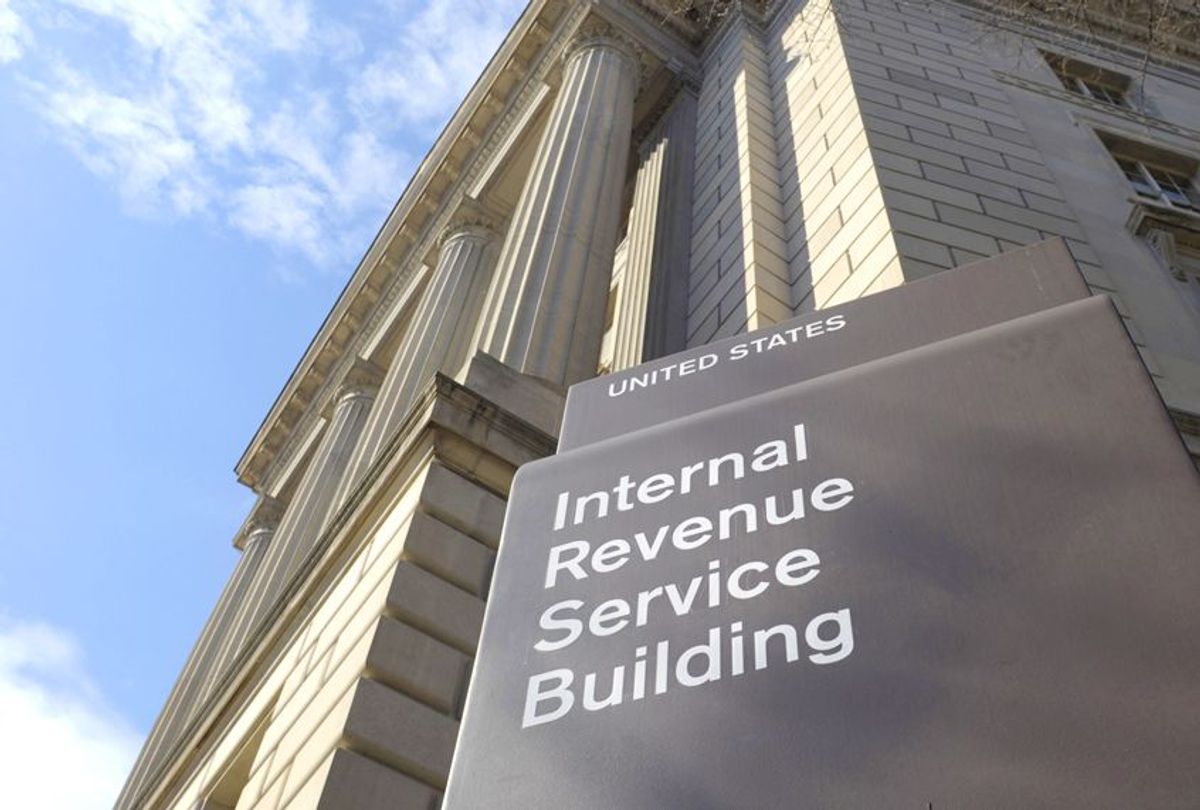President Donald Trump’s shutdown over his border wall has jeopardized the pay of 800,000 federal employees, with increasingly serious consequences. One particularly visible effect is the increasing number of TSA agents reportedly calling in sick — some 10 percent of personnel — leading to long lines at major airports.
But there’s another serious upcoming problem at the IRS.
On Tuesday, the Washington Post reported that hundreds of federal tax employees are leaving work, potentially putting tax refunds at risk of delay:
The Trump administration last week ordered at least 30,000 IRS workers back to their offices, where they have been working to process refunds without pay. It was one of the biggest steps the government has taken to mitigate the shutdown’s impact on Americans’ lives.
But IRS employees across the country — some in coordinated protest, others out of financial necessity — won’t be clocking in, according to Tony Reardon, president of the National Treasury Employees Union, and several local union officials. The work action is widespread and includes employees from a processing center in Ogden, Utah, to the Brookhaven campus on New York’s Long Island.
The risk of a prolonged shutdown affecting tax refunds has been forecast for weeks, but the administration had vowed to continue business as usual even though in past shutdowns IRS employees were restricted only to processing returns. House Majority Leader Steny Hoyer (D-MD) has warned that this arrangement may be illegal.
All of this comes after years of savage budget cuts to the IRS by House Republicans, starting in 2011, which have hampered the agency’s ability to do its job even when the government is open for business. The effect of these cuts has been extremely regressive — while audits of wealthy taxpayers have plummeted in recent years, low-income parents claiming the earned income tax credit (EITC) have borne the brunt of what little auditing power the agency still has.
If the shutdown continues, taxpayers relying on their refund could find themselves in a financial bind — and that may be nothing compared to the hardship of the IRS workers and others who are missing out on their paychecks entirely.


Shares